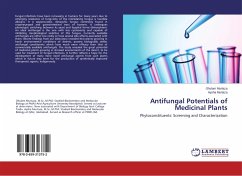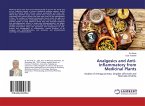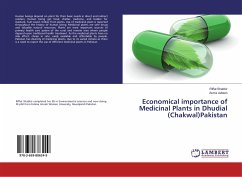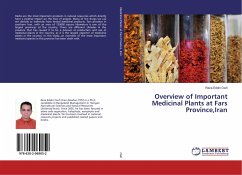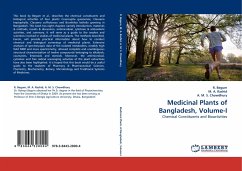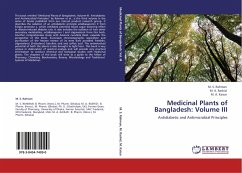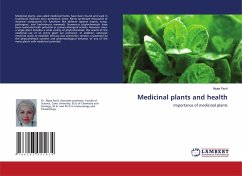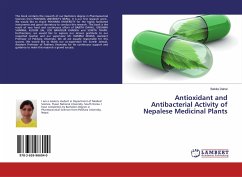Fungal infections have been increasing in humans for many years due to emerging resistance of fungi.One of the intimidating fungus is Candida albicans. It is opportunistic, dimorphic fungus commonly found in oropharyngeal and gastrointestinal tract of humans. It undergoes phenotypic switching between its yeast and hyaphal forms (dimorphism). An ideal antifungal is the one with less cytotoxicity and capable of inhibiting morphological switches of this fungus. Currently available antifungals are either too costly or have several side effects associated with them. Recent findings from our laboratory revealed that plants growing in harsh environmental conditions of deserts, possess biologically similar antifungal constituents which have much more efficacy than that of commercially available antifungals. The study revealed the great potential of medicinal plants growing in stressed environments of the desert, to be used for treatment of fungal infections. It further reflects a hope for the development of many more novel antifungal agents from such plants which in future may serve for the production of synthetically improved therapeutic agents, indigenously.
Bitte wählen Sie Ihr Anliegen aus.
Rechnungen
Retourenschein anfordern
Bestellstatus
Storno

